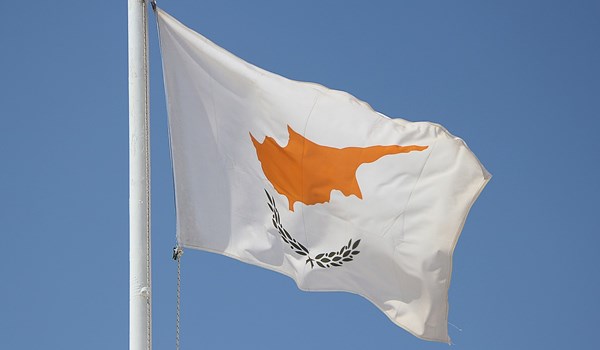New research has revealed that fewer than 30 per cent of company directors in the United Kingdom’s financial services industry are prepared to comply with a new law requiring greater corporate transparency.
The study, conducted by Vistra — a global service provider to financial firms — found that only 28 per cent of UK directors are ready for the Economic Crime and Corporate Transparency Act (ECCTA). The Act mandates that by September 2025, all company directors, persons of significant control, and company filers must verify their identities.
Despite the looming deadline, Vistra estimates that only 200,000 of approximately 7 million affected individuals — or less than 3 per cent — have already complied.
One of the most consequential provisions of the ECCTA is the “Failure to Prevent Fraud” offence, which takes effect from 1 September 2025. It could see companies held criminally liable for fraud committed by employees unless they have “reasonable procedures” in place to prevent such conduct.
However, awareness and readiness remain low. In a survey of 100 UK company directors, Vistra found that 39 per cent were unaware of the ECCTA deadlines. Failure to comply could result in penalties such as being barred from filing essential documents or engaging in mergers and acquisitions.
The research also shows mixed sentiment about the law’s demands: 58 per cent of firms view the ECCTA’s requirements as burdensome, while only 23 per cent disagree.
The report comes as UK officials continue to pressure British Overseas Territories such as the British Virgin Islands (BVI) to adopt more transparent company ownership rules. Some UK lawmakers and advocacy groups have called for an Order in Council to compel the BVI to implement publicly accessible registers of beneficial ownership.
Critics often label the BVI a “tax haven” that helps the wealthy to hide “dirty money” — a reference to money laundering and terrorist financing. However, the BVI government has repeatedly rejected these claims.
While the territory has passed new legislation to strengthen corporate disclosure, the law stops short of public access. Instead, it allows ownership information to be released only to certain parties who demonstrate a legitimate interest or purpose.
So far, the UK Parliament has not announced any formal actions against the BVI or other Overseas Territories that have yet to implement public registers.



